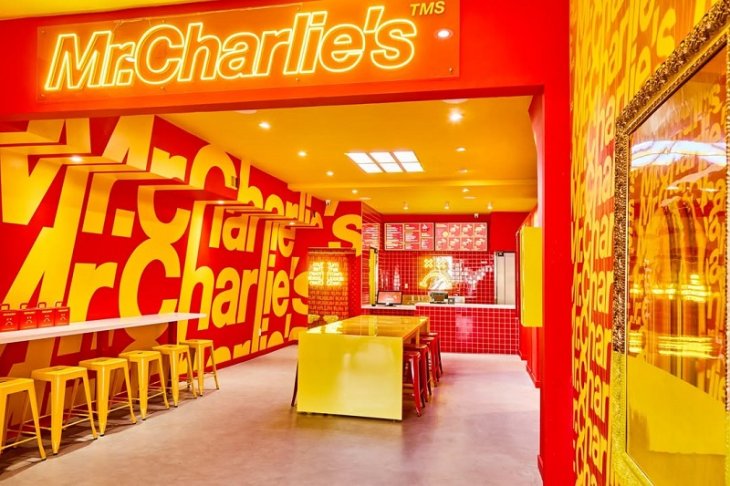Ronald Reagan’s adopted son and two associates cheated a fellow businessman out of nearly $4 million by depriving him of his ownership interest in an email business he created to capitalize on the memory of the former president and cater to conservatives, an attorney told a jury Wednesday.
In his opening statement to the Los Angeles Superior Court jury that will decide Elias Chavando’s lawsuit against Michael Reagan, Tim Kelly and Jay Hoffman, plaintiff’s attorney Mark Chassman said the three defendants took his client’s share of the business generated from @Reagan.com for themselves and put their interests ahead of his.
“They used greed, arrogance and strong-armed tactics … to enrich themselves,” Chassman said.
Attorneys for the defendants will give their opening statements Thursday. But in a sworn declaration contained within the defense’s court papers, Reagan denied any wrongdoing.
“Chavando has never been ousted from the email business,” Reagan said. “He did abandon his role in the business when he vacated (the Reagan Group’s) office and stopped performing his duties with respect to the email service business in August 2011.”
Reagan also said Chavando brought “little value to the business.”
But according to Chassman, Chavando was an innovator who recognized that conservatives would be attracted to an email service that guaranteed users their addresses would not be given to third parties and that they would be willing to pay the $39.95 monthly charge.
“Mr. Chavando recognized the personal privacy concerns of people long before the Edward Snowden incident,” Chassman said.
Chavando met with Kelly at the latter’s home in January 2010, Chassman said. Kelly at the time was an executive with Premiere Radio Networks Inc., which helped launch Michael Reagan’s conservative talk radio show and other business ventures. In 2009, Kelly and Reagan incorporated the Reagan Group to handle their joint business activities.
The three eventually agreed verbally to invest $2,000 each for start-up costs and to have an equal share in the profits, Chassman said.
“The value is in the ownership,” Chassman said.
Kelly agreed to manage the business while Reagan handled promotion duties and Chavando oversaw the software end, Chassman said.
The business grew over time, Chassman said. However, during a trip to Africa in July 2011, Reagan met with Chicago businessman Anthony Saliba and began talking to him about investing in the business, Chassman said.
Soon thereafter, Hoffman became a member of the Reagan Group, according to Chassman, who said Saliba liked the email business so much that he said he wanted to buy it. But Chavando was not told of the development of the eventual sale to Saliba, Chassman said.
“The deal with Mr. Saliba would have been fine with Mr. Chavando had he been told of it,” Chassman said.
Reagan, Kelly and Hoffman began an effort to exclude Chavando from the business, all of which is documented by email communications between the defendants, Chassman said.
Some of the emails contain such statements that Chavando should be “put in his place,” that “it would be better to die by the AIDS virus than to be in business with Elias Chavando” and that the plaintiff should not be able to “blow up what we have,” Chassman said.
One email contained disparaging remarks about Chavando’s Latino heritage, Chassman said.
After the business was sold to Saliba for $23 million, Reagan, Kelly and Hoffman received $3.8 million, the same share Chavando should have been given, according to Chassman.
“They knew what they did was wrong,” he said.
An attorney for the defendants later tried to pressure Chavando to sign a legal document giving up his rights to his share of the business proceeds, but he refused and filed suit against the trio, Chassman said.
Reagan, 69, was adopted shortly after his birth by Ronald Reagan and his first wife, Jane Wyman.





















